Buying a pony can be an exciting and rewarding experience, but it is also a big responsibility. As a horse rider, you are not just purchasing a pet, but a lifelong companion and partner. The decision to buy a pony should not be taken lightly, and due diligence and research are crucial. To ensure that you make an informed decision and find the perfect pony for you, there are ten key questions that you need to ask.
- What is the pony’s age?
Knowing the pony’s age is important because it can affect its health and future training. A young pony may require more training and care than an older one, while an older pony may have health issues that need to be considered. A good answer would be a specific age, while a bad answer would be vague or evasive.
- What is the pony’s breed?
The breed of a pony can give you an idea of its temperament, size, and health concerns. Different breeds may also have specific training needs, so it is important to consider the breed when making your decision. A good answer would include the breed of the pony, while a bad answer would be a generic description or a breed that is not well-suited for your needs.
- Has the pony been trained?
Knowing whether the pony has been trained and what type of training it has received is essential. It will give you an idea of the pony’s temperament, as well as its suitability for your level of riding experience. A good answer would be a detailed description of the pony’s training, while a bad answer would be vague or nonexistent.
- What is the pony’s health history?
Understanding the pony’s health history is crucial for ensuring that it is healthy and will not require extensive veterinary care in the future. A good answer would include any known health issues or concerns, while a bad answer would be evasive or lacking in detail.
- What is the pony’s current diet?
Knowing what the pony is currently eating and what type of diet it requires is important for its overall health and well-being. A good answer would be a detailed description of the pony’s current diet, while a bad answer would be vague or nonexistent.

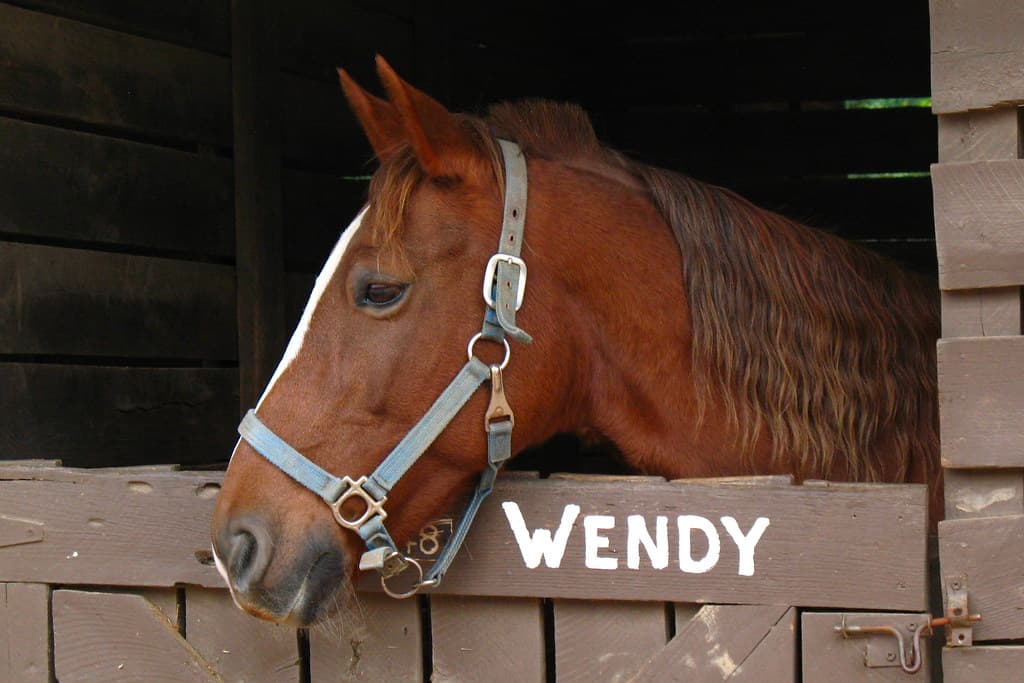
- What is the pony’s activity level?
Understanding the pony’s activity level can help you determine if it will be suitable for your level of riding experience and the type of riding you plan to do. A good answer would be a description of the pony’s current activity level, while a bad answer would be vague or nonexistent.
- What is the pony’s personality like?
Getting to know the pony’s personality is essential for ensuring a good match. It can help you determine if the pony is suitable for your level of riding experience and if you will be able to form a bond with it. A good answer would be a detailed description of the pony’s personality, while a bad answer would be vague or nonexistent.
- What is the pony’s current living situation?
Understanding the pony’s current living situation can give you an idea of how it will adjust to a new environment. A good answer would be a detailed description of the pony’s current living situation, while a bad answer would be vague or nonexistent.
- Has the pony been ridden on trails or in competitions?
Knowing the pony’s experience with trail riding or competitions can help you determine if it is suitable for your needs. A good answer would be a detailed description of the pony’s experience, while a bad answer would be vague or nonexistent.
- What is the pony’s price?
Knowing the pony’s price is important for determining if it is within your budget. It is also important to understand that the price of the pony may vary depending on its age, breed, training, and other factors. A good answer would be a specific price or price range, while a bad answer would be a price that is too high or too low for the pony’s value.
Buying a pony requires careful consideration and research. Asking these ten key questions can help you make an informed decision and find the perfect pony for you. However, it is also important to remember that taking an equestrian professional, vet, or experienced horse owner with you can provide invaluable insight and guidance. With due diligence and the help of a professional, you can find the perfect pony for you and enjoy a lifetime of companionship and partnership.


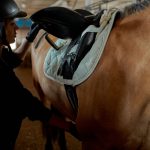

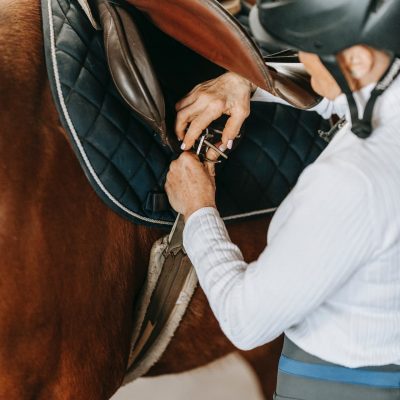
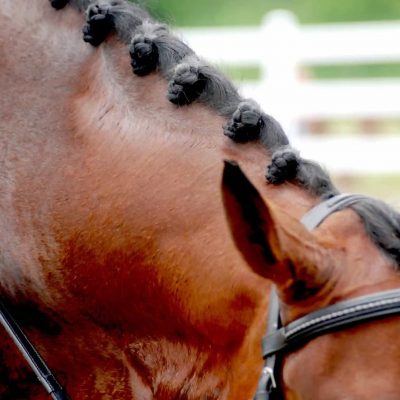
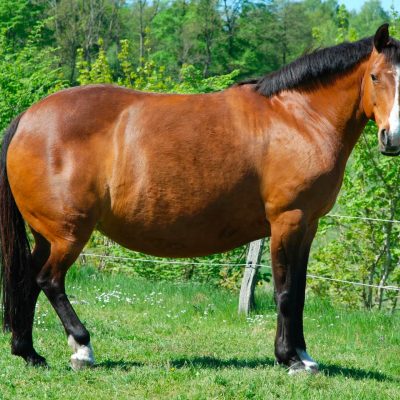
No Comment! Be the first one.